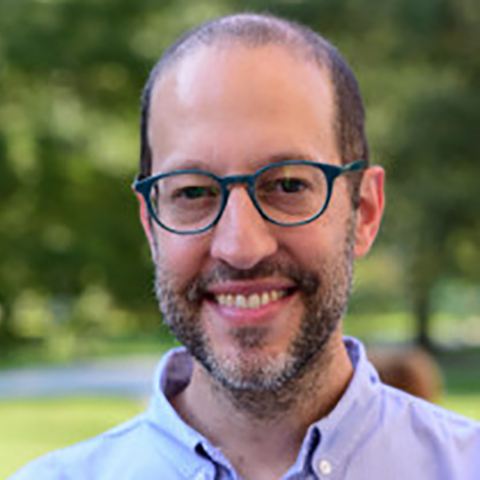Camilo Arturo Leslie
Assistant Professor - Sociology
- South America

Biography
I work in the areas of economic sociology and the sociology of law, with a comparative focus on the U.S. and Latin America. Theoretically, I examine the institutional and ideational supports of legitimacy, trust, and ignorance. My main line of research surveys the rise and fall of the Stanford Financial Group fraud, a decades-long Ponzi scheme that left roughly 20,000 victims with $7.2 billion in losses. My doctoral research traced the scheme’s development in Stanford’s two largest markets, the U.S. and Venezuela, and accounted for the fraud’s longevity in light of years of regulatory and negative media attention toward the firm. Research on trust tends to spotlight the characteristics of the trustee-trustor pair. I sought instead to explain Stanford’s “trustworthiness,” conceptualized as the collectively produced image of that firm’s probity. By widening the usual trust-theoretic focus, I captured the often-unwitting collaboration of an assortment of third-party actors across the Americas who, together, rendered the firm trustworthy. This research draws on in-depth interviews with 124 respondents, mostly defrauded investors, conducted in six cities in the U.S. and Venezuela, as well as a rich mix of legal, regulatory, and corporate documents.
This project has since evolved into a book manuscript, tentatively titled Truth’s Chimera: Trustworthiness and Ignorance in the Stanford Financial Group Fraud, that complements my previous work on trustworthiness with a focus on the social production of ignorance. Existing scholarship documents how organizations both cultivate ignorance internally (as a strategy to ward off culpability) and foist it on the public (to maintain advantage). My work, however, illustrates the accidental, or non-strategic, production of ignorance in expert organizations, and the active role that laypeople play in authoring their own ignorant accounts of the world. Moreover, in comparing the “expert ignorance” of U.S. federal securities regulators with the “lay ignorance” of Stanford’s U.S. and Venezuelan depositors, I show that both stem from such actors’ reliance on unstable forms of normative and epistemic authority. With its combined focus on the production of trustworthiness and ignorance, Truth’s Chimera sheds new light on a topic of real-world, sociological, and theoretical consequence: how individuals and organizations—malfeasant and upstanding, alike—acquire and maintain legitimacy.
In addition, my research plans for the near future include a comparison of the normalization of tax evasion and wealth expatriation in the U.S. and Latin America, and a study of the sale of citizenship to wealthy foreign nationals in Caribbean microstates.
Courses
Research
Sociology of Law, Economic Sociology, Venezuela
Degrees
- Ph.D., Sociology, University of Michigan, 2015
- J.D., University of Michigan, 2010
- B.A., English Literature, Columbia University, 1999
Academic Experience
- Assistant Professor, Tulane University, 2017-
- Postdoctoral Fellow, Baldy Center for Law and Social Policy, SUNY Buffalo, 2015-2017
- Visiting Scholar, Institute for Advanced Studies in Business Administration, Caracas, Venezuela, 2012
Distinctions
- SUNY Buffalo, Baldy Center for Law and Social Policy, Postdoctoral Fellowship, 2015-2017
- American Bar Foundation / National Science Foundation Law and Social Science Fellowship, 2011-13
- Center for International Business Education Award, University of Michigan, 2012
- National Science Foundation Dissertation Improvement Grant 2011
Languages
- Spanish
Overseas Experience
- Venezuela
Selected Publications
- 2023. (with Brooke Harrington).“Toward A Multi-Level Sociology Of Fraud,” Symposium Issue (“Fraud and the Erosion of Public Trust”) of the Northwestern University Law Review. 118(1): 139-166.
- 2022. “Hope Amidst Crisis: Normative Ambiguity, the Middle Class, and Investment Fraud in 2000s Venezuela,” Latin American Politics and Society.
- 2021. “Recovering “Lay Ignorance” in the Stanford Financial Group Ponzi Scheme.” Social Forces.
- 2016. “Territoriality, Map-mindedness, and the Politics of Place.” Theory and Society, 45(2):169-201.
